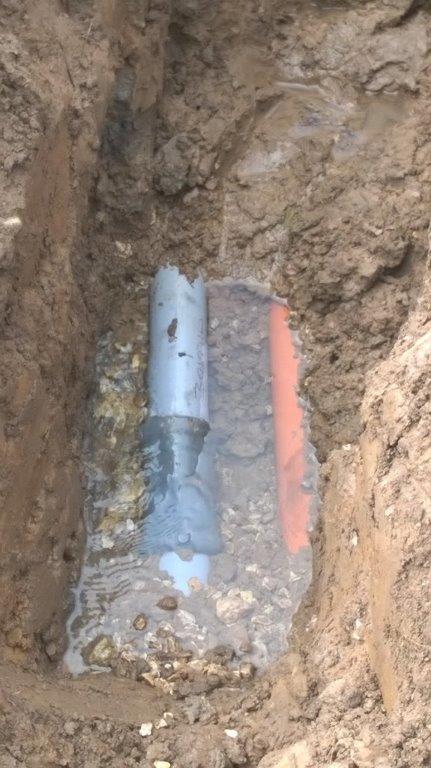News
Industry Pledges To Triple Water Leak Reduction Rate By 2030
The UK water industry has announced that water leak detection will now be a top priority, with companies pledging to triple the leak reduction rate come the year 2030.
This is just one of five challenging goals that companies have set themselves for the next 30 years, also including making bills affordable as a minimum for all households and developing a strategy to end water poverty, achieving net zero carbon emissions for the sector by 2030, and preventing the equivalent of four billion plastic bottles from ending up as waste by 2030 as well.
These pledges form part of a new Public Interest Commitment, intended to complement different companies’ individual business plans by demonstrating leadership at a national level.
This commitment has been created by the industry after ongoing dialogue between companies and their customers, revealing that they’re keen to see the sector do more – which doesn’t just extend to the improvement of services, but also to the tackling of social and environmental challenges.
Chief executive of Water UK Michael Roberts commented: “The water industry takes its responsibility very seriously, because we play a unique role in running a vital public service for the public good.
“Water companies individually have set out proposals to improve services over the next five years in their business plans and the Public Interest Commitment is about companies working together to build on those ambitions.”
When it comes to tripling the leakage reduction rate by 2030, this will form part of a wider strategy over the long term to reduce per capita consumption of water, while investing in more water transfer and storage.
This unprecedented rate of improvement has been set out to help the industry to meet the challenges and risks presented to our water supplies because of population growth and climate change.
In July last year, water suppliers confirmed that they had been taking extra steps to fix leaks over the summer, using the likes of drones, satellite technology and underground listening equipment so that less obvious leaks can be detected in the system.
The National Drought Group meeting, held last summer, saw companies confirming that the most visible leaks were fixed within a day, and nearly all of them repaired within three days.
Businesses can also work on detecting leaks on their site by having an audit carried out, which will compare your water use, including volumes, with what you’re being charged for. The point of this is to reveal any discrepancies, which could have resulted in you being overcharged. From there, we’ll be able to make recommendations as to how you can reduce your usage, which will help you to reduce your costs.
